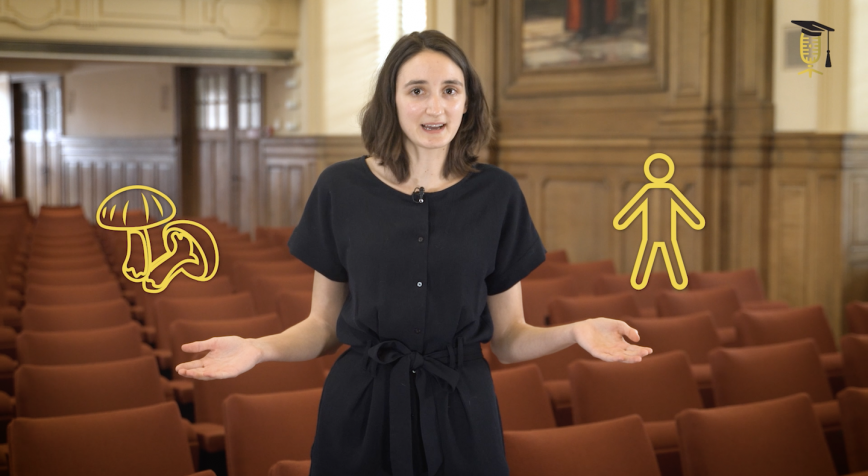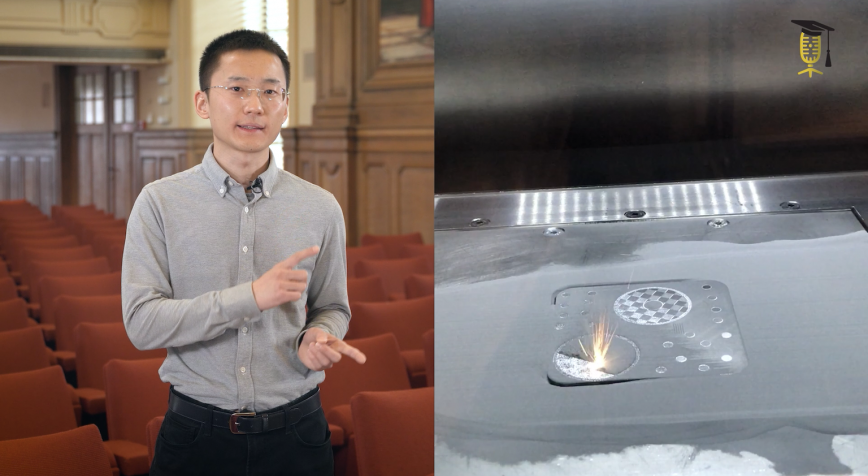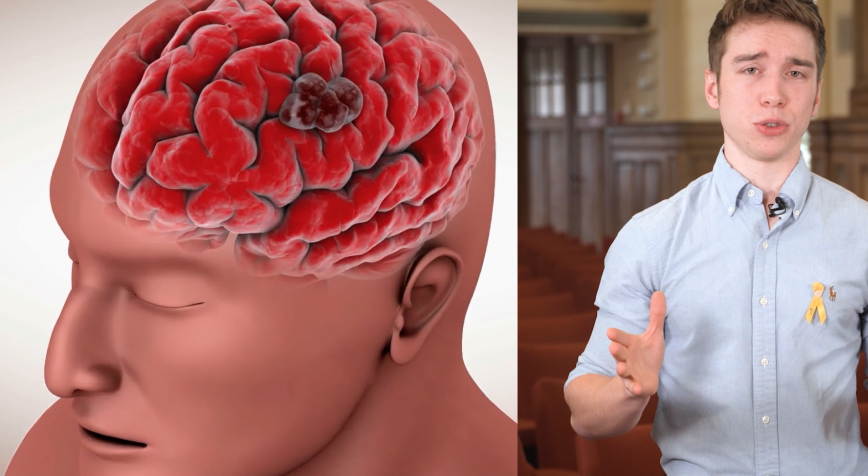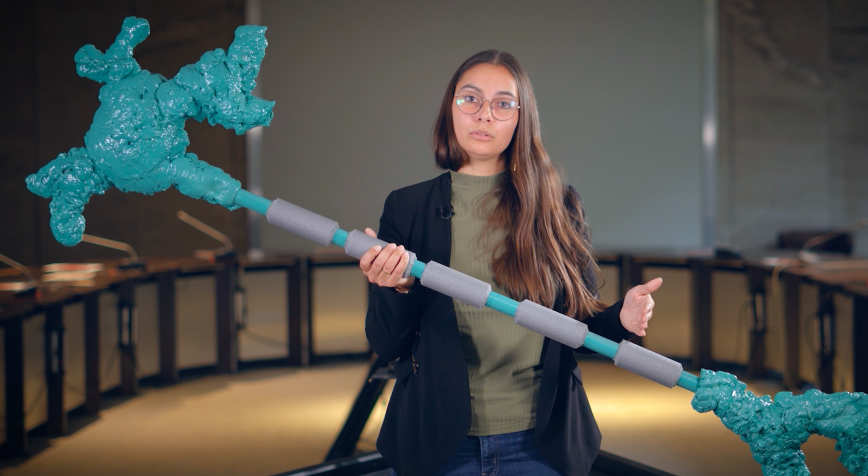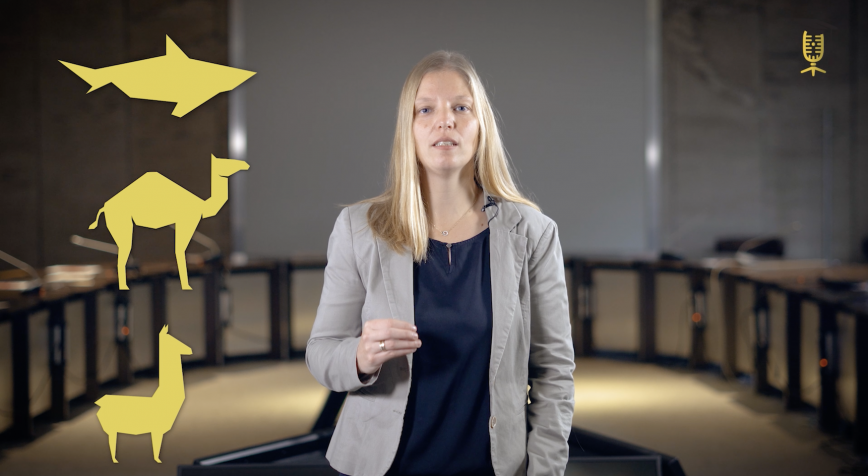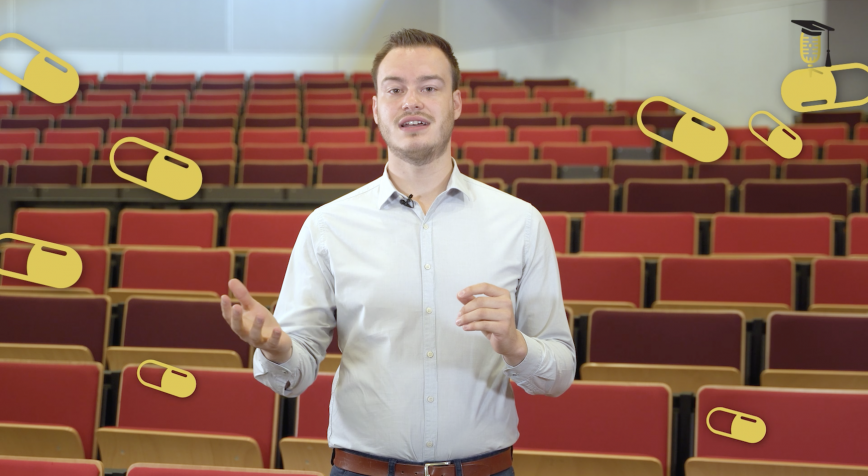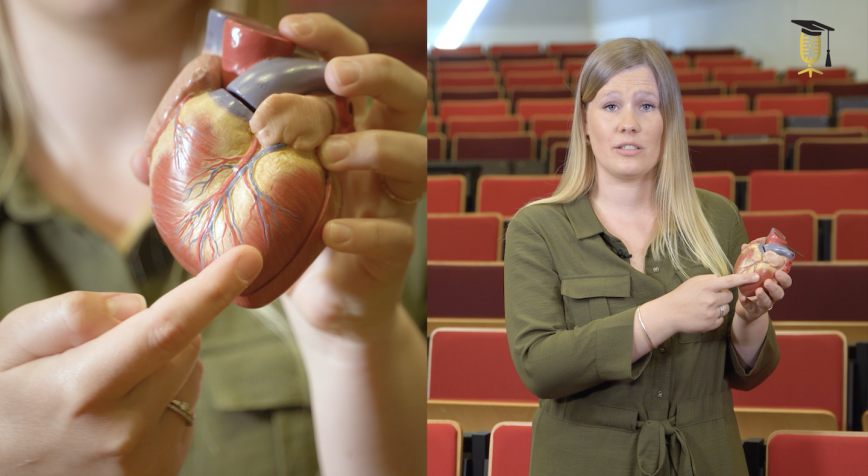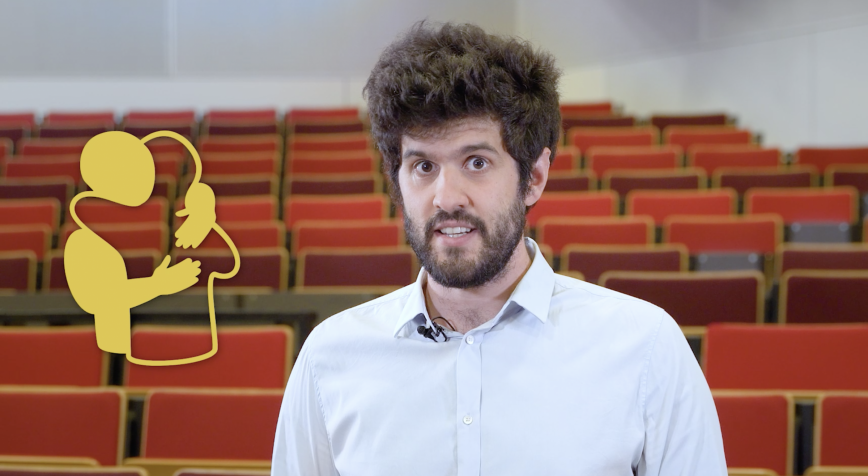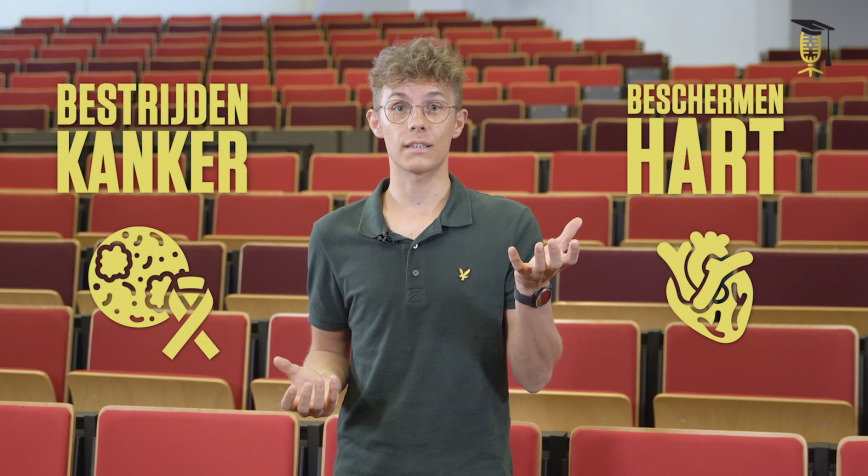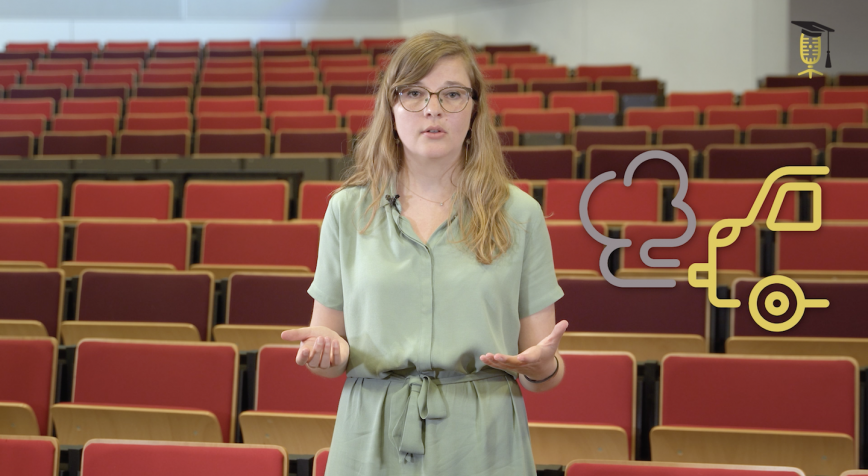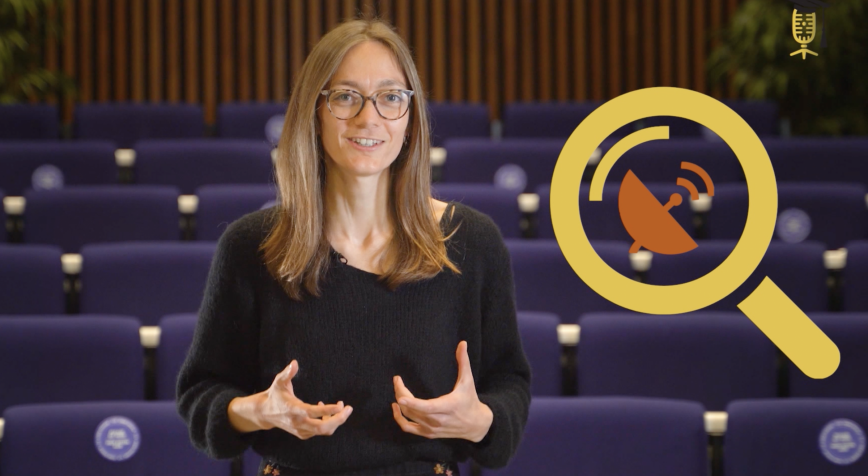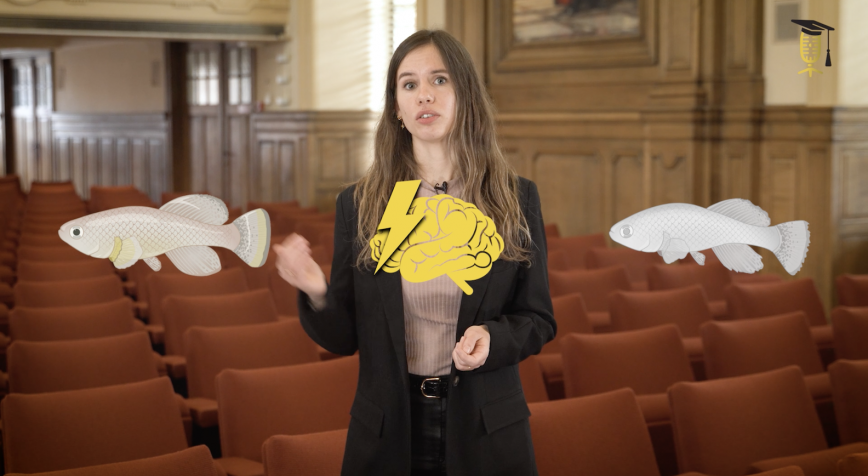
KU Leuven
How an African fish might help repair brain damage in old age
What if your brain could heal itself when damaged? Science fiction? Not for the African turquoise killifish! Neuroscientist Valerie Mariën is studying this remarkable fish and how it is able to repair its brain, in the hope that in the future she will be able to help people with brain damage.
